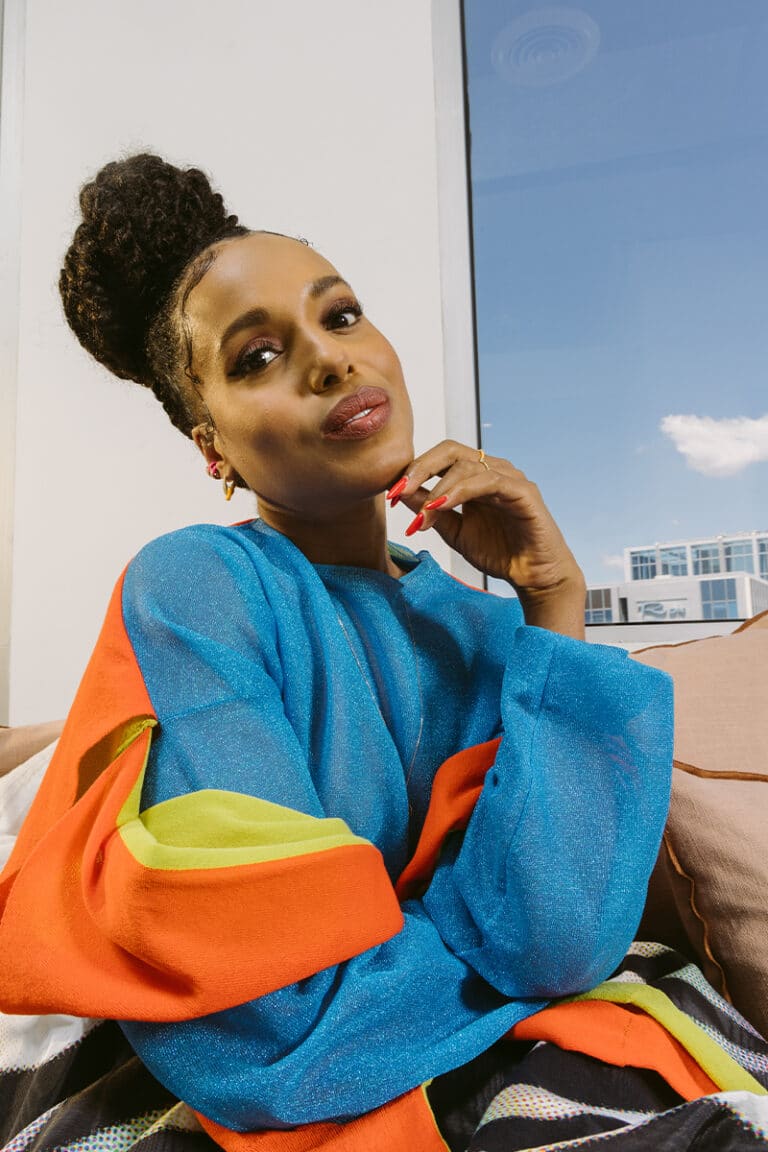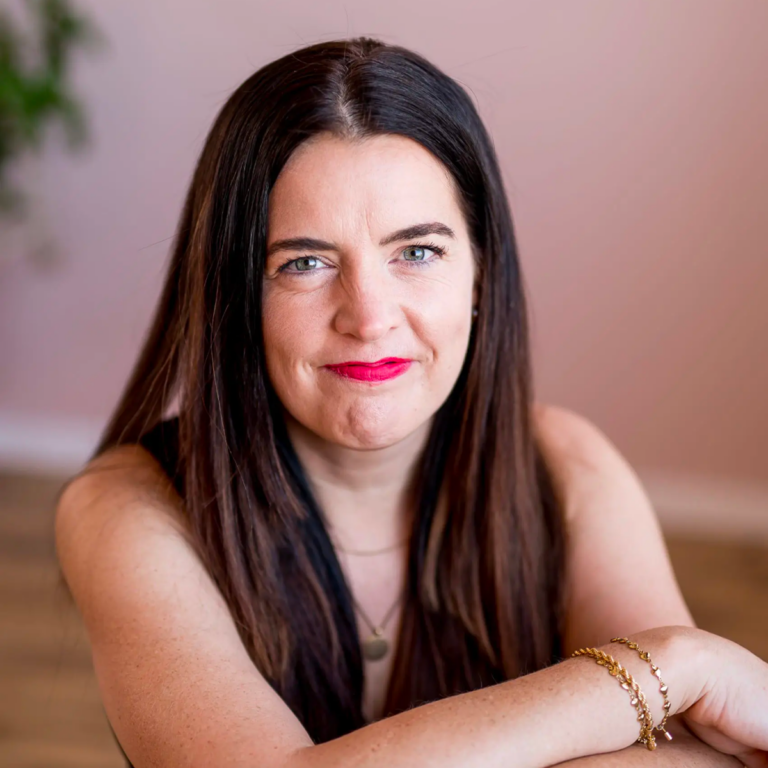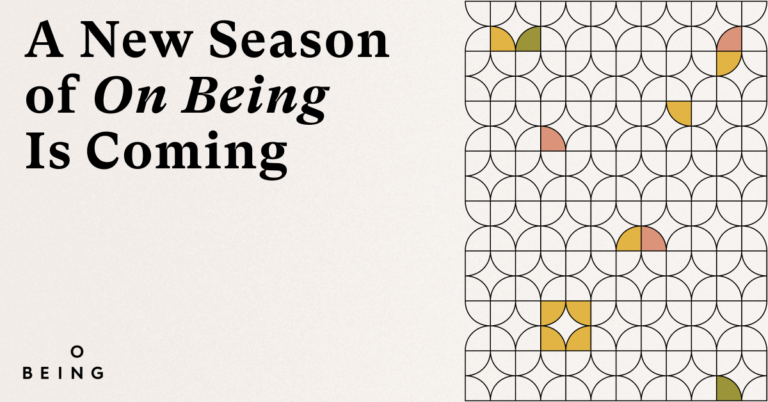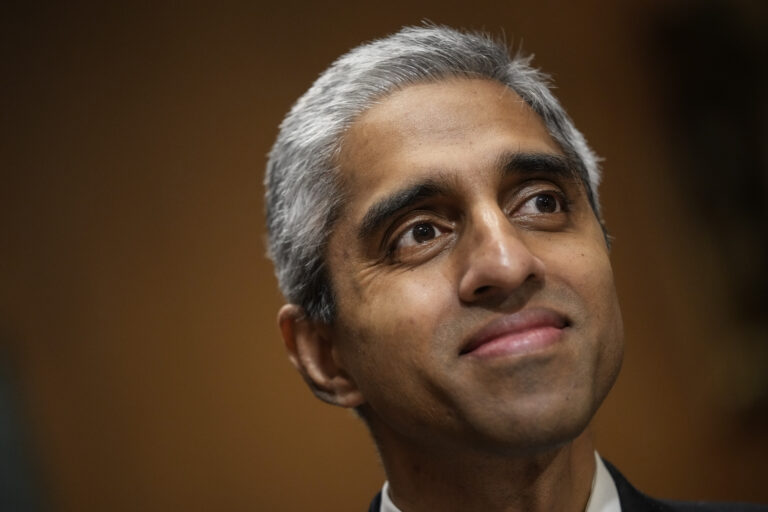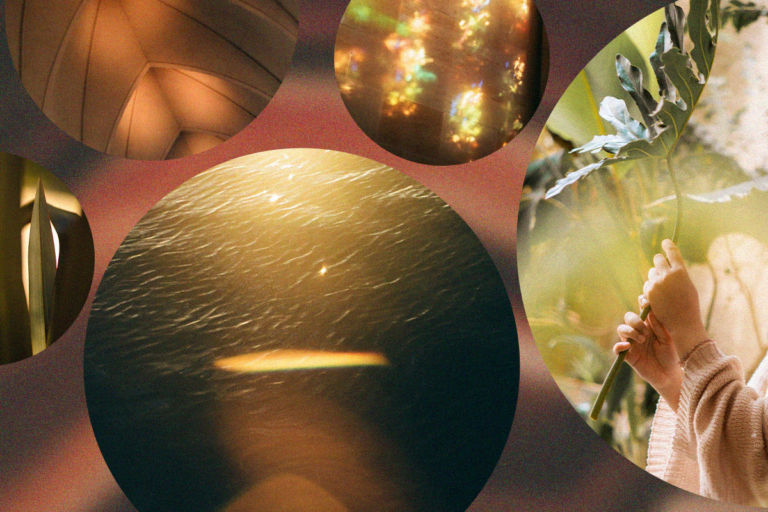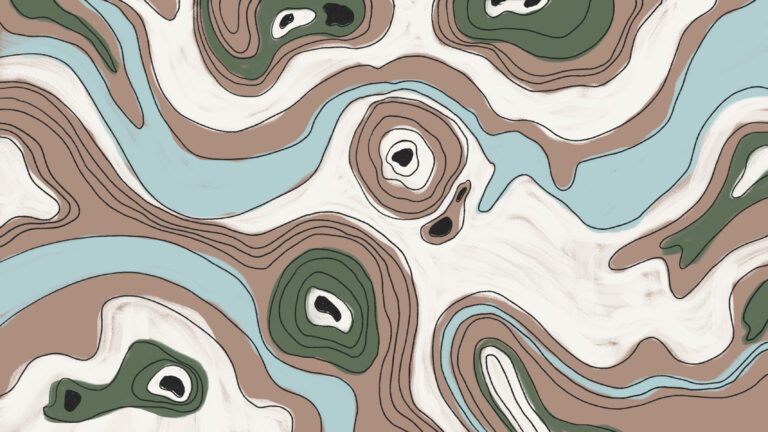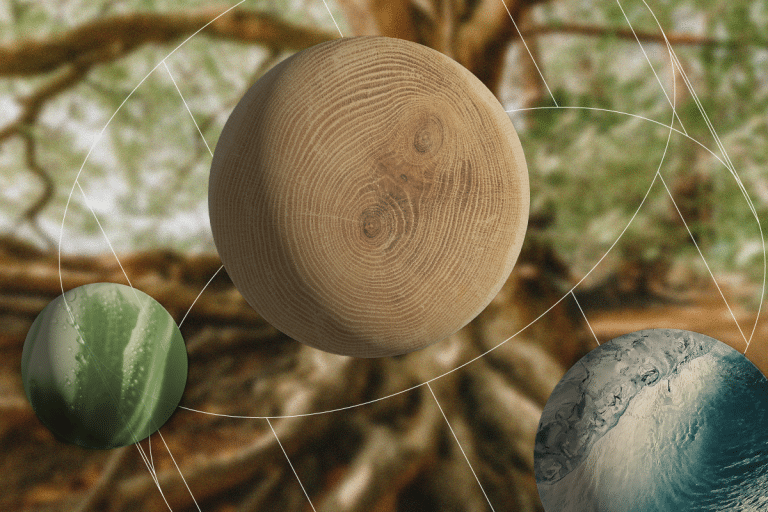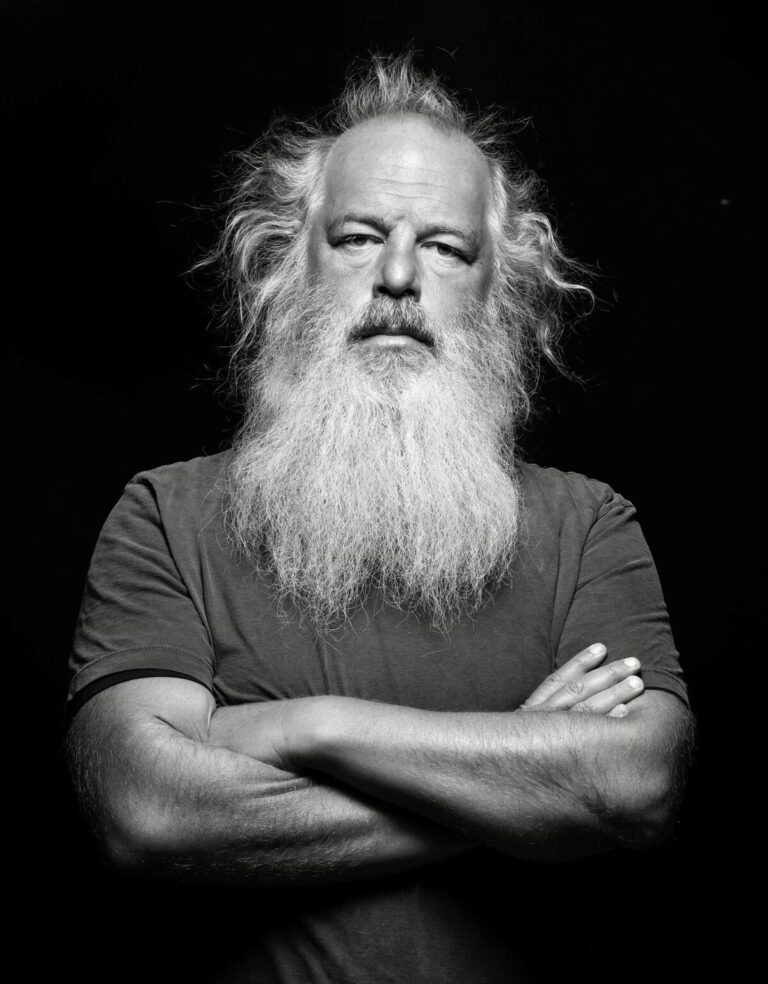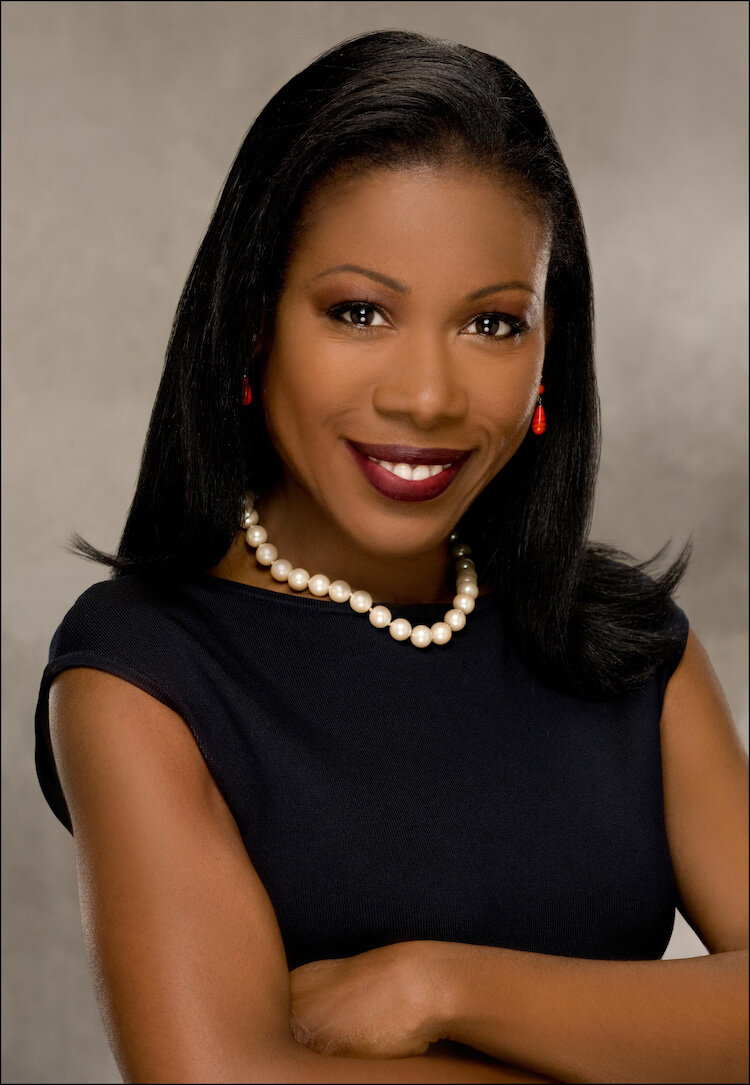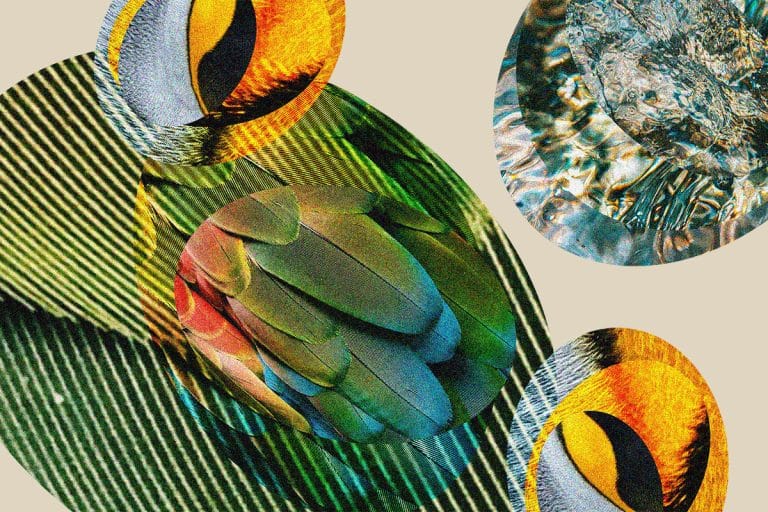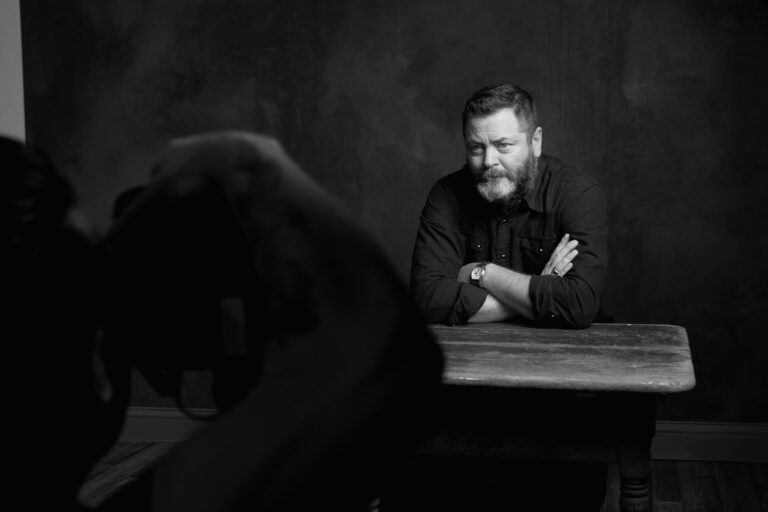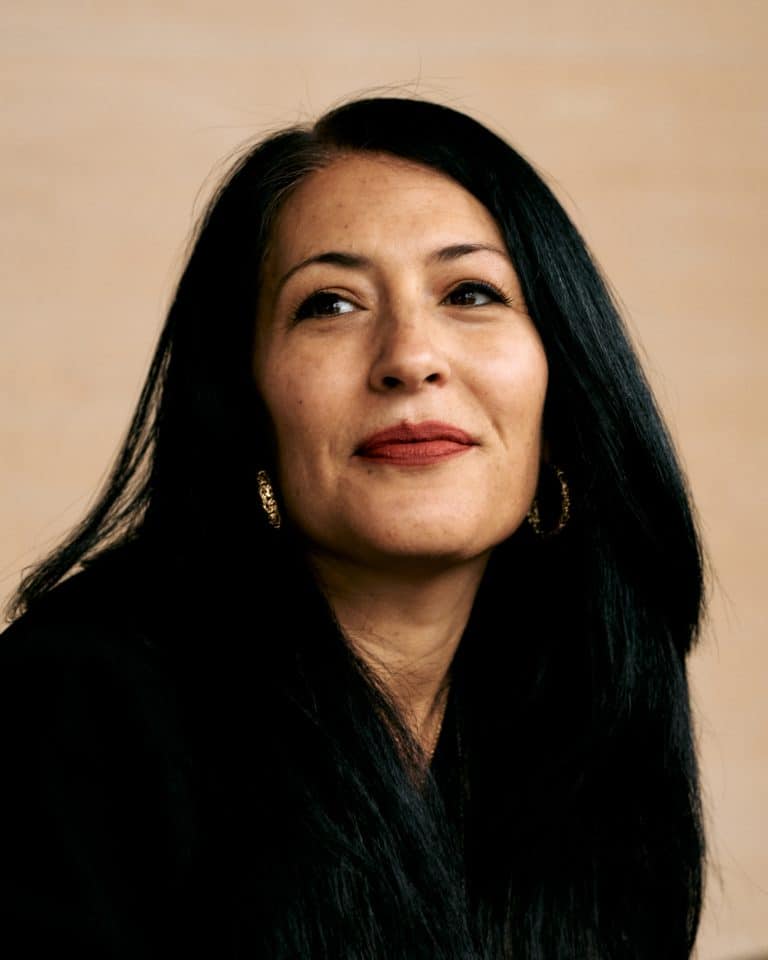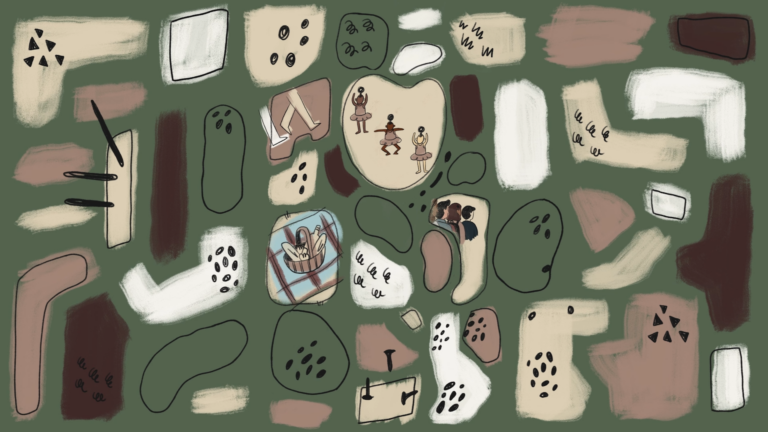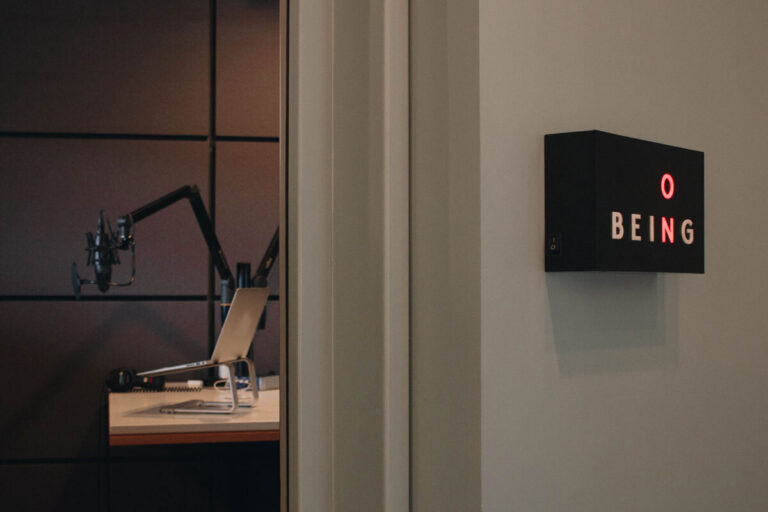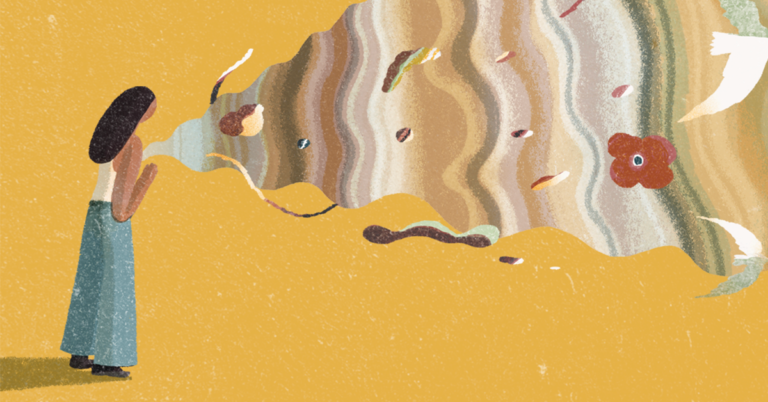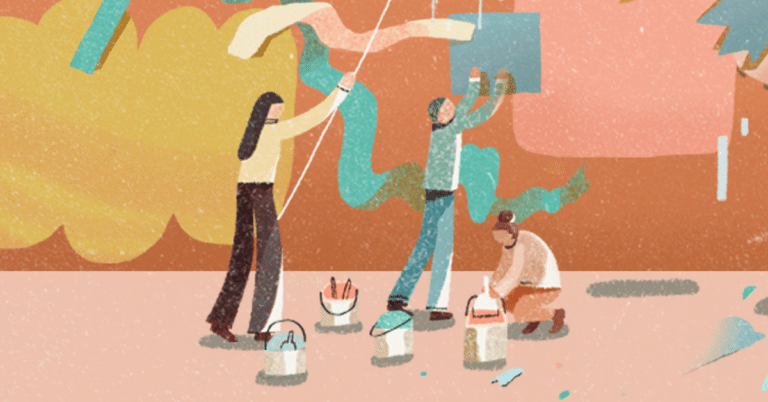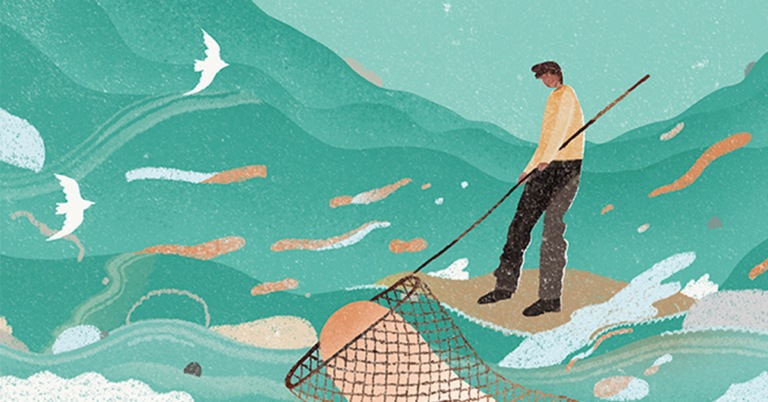September 28, 2023
Kerry Washington
Acting as a Devotional Practice
“Becoming other people” for a living, as Kerry Washington likes to describe her craft, turns out to be a revelatory lens on the high drama that is the human condition. As a “learning actor,” a kind of actor/anthropologist, she has brought elegance and moral rigor to all kinds of roles: as the uber-glamorous, tough-as-nails Olivia Pope on Scandal; as the wife of Idi Amin and the wife of Ray Charles; from Little Fires Everywhere to Django Unchained. Just after Scandal ended seven triumphant seasons, she starred on Broadway as Kendra, a jeans-clad mother in a Miami police station waiting to hear what has happened to her beloved son. Krista was in that audience, and saw how Kerry attended not just to her role on stage but to bringing a beautifully racially mixed audience to participating and reflecting together.
So this conversation has been a while in coming. It is rich with grace and surprising angles of insight — on the roles we all learn to play in the stories of the lives that we are given, and the evolution that is possible in how we assume those characters and leave them behind and grow them up.
This episode of On Being was produced with consideration of the ongoing SAG-AFTRA strike and with external legal guidance. In distributing this episode, we attest to our belief that no statements made involve promotion of struck work in violation of the SAG-AFTRA Strike Order.






